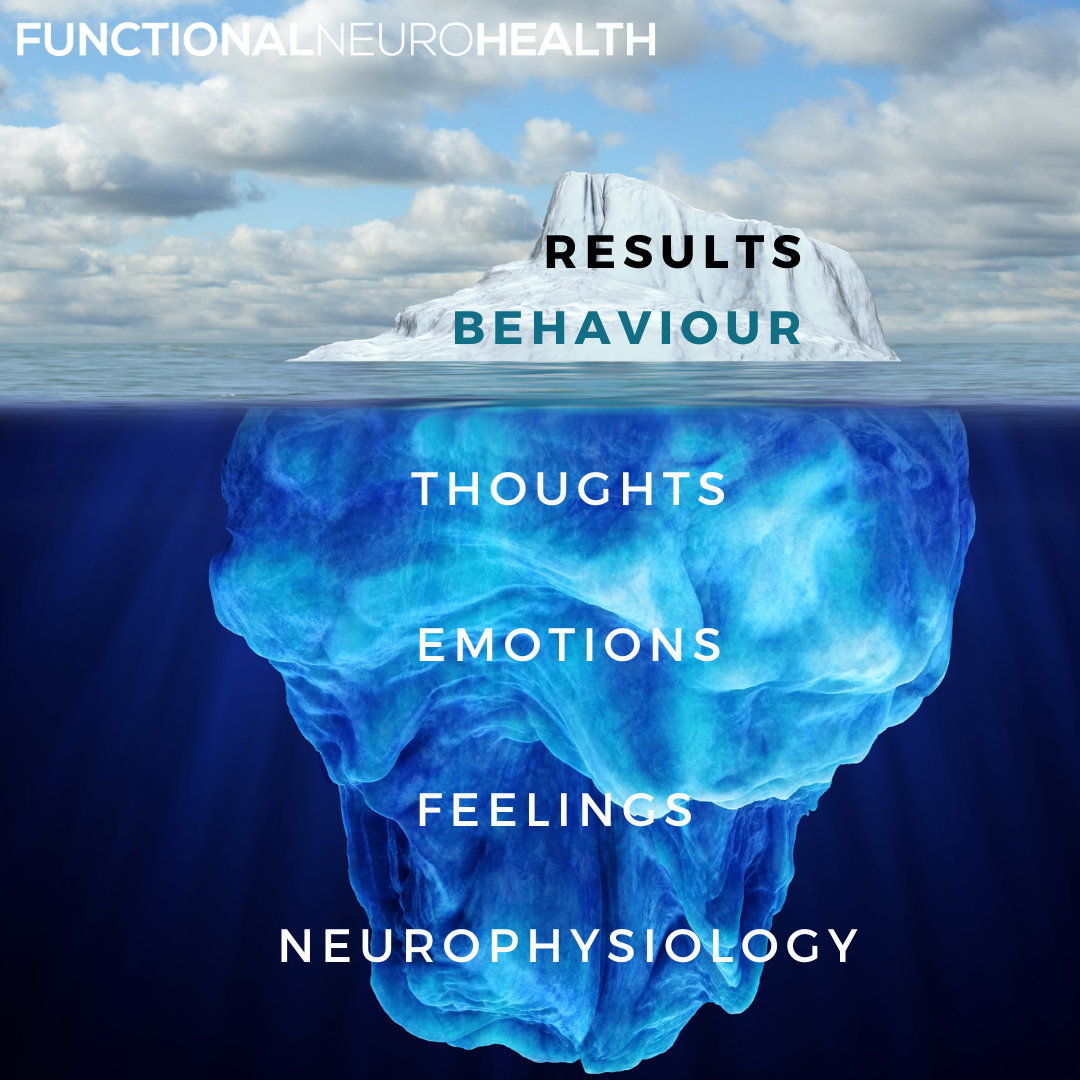
About Nick Moss & The Functional Neuro Health Approach
The creator of the Functional Neuro Health Approach Nick Moss didn't start out knowing he'd revolutionise how practitioners approach the nervous system. Like many in this field, he began with traditional methods—and traditional frustrations.
The military taught him that systems create predictable outcomes. The best operators never stopped learning, never stopped refining their approach. This mindset would prove crucial when Nick transitioned into healthcare and encountered the same problem plaguing practitioners worldwide: inconsistent results.
The Problem Every Practitioner Faces
Despite accumulating extensive certifications—Applied Movement Neurology, P-DTR (all levels), Z Health, Integrated Kinetic Neurology, and dozens more—Nick found himself hitting the same wall his students face today:
- Some clients transformed rapidly, others made minimal progress
- Techniques worked brilliantly with certain cases, failed with others
- No clear system to predict what would work when
- Constant second-guessing and client dependency
Sound familiar?
The Breakthrough: Sensory Drives Motor
The turning point came when Nick shifted from treating outputs (symptoms) to addressing inputs and processing. As he explains in his training: "Sensory input drives motor output. If we want to change the output, we need to change either the input or the processing—or both."
This wasn't just theory. Through over 10,000 clinical hours, Nick developed a systematic approach to:
- Assess exactly what the nervous system needs in real-time
- Determine whether issues are "bottom-up" (input) or "top-down" (processing)
- Get direct feedback from the client's nervous system rather than guessing
The results spoke for themselves: 10-year-old with broken arm regaining full range of motion in 5 minutes. Severe ankle swelling completely resolved in 30 minutes. Complex PTSD client achieving more progress in one session than 12 months of psychotherapy.

The Performance Iceberg Philosophy
Nick's approach is built on a crucial understanding: most practitioners focus on the visible levels—behavior, thoughts, emotions—while missing the neurophysiology that drives everything.
"When the physiology feels unsafe, we'll have feelings of pain, poor movement, and heightened threat detection. Our job is to make their physiology as safe as possible. That's the foundation everything else builds on."
This neurophysiology-first approach is why FNH practitioners consistently get results others consider "rare" or "impossible."
From Practitioner to Educator
Today, Nick's focus has shifted from individual client work to solving a bigger problem: helping experienced practitioners break through their results ceiling.
The FNH Institute exists because Nick recognized something crucial: "The client's nervous system is the primary healer, not the practitioner." But practitioners need the systematic skills to communicate with that nervous system effectively.

Why the FNH Approach Works
Unlike other functional neurology training that teaches isolated techniques, FNH provides a complete framework:
Assessment: Direct nervous system feedback tells you exactly what needs attention
Direction: Clear protocols determine whether to address input (bottom-up) or processing (top-down)
Implementation: Systematic pathway correction rather than guesswork
Integration: Structured approach that works consistently across conditions
The Mission
Nick's military background instilled a core principle: the best never stop learning. The FNH Institute continues that tradition, developing practitioners who think systematically, get consistent results, and never stop refining their approach.
"We don't treat symptoms. We use symptoms as information only. When we restore balance to the nervous system, symptoms inevitably improve."
Current Focus: Training and mentoring health practitioners worldwide through the FNH methodology, maintaining the highest standards among certified practitioners, and spreading systematic nervous system approaches to those ready to move beyond random techniques.


